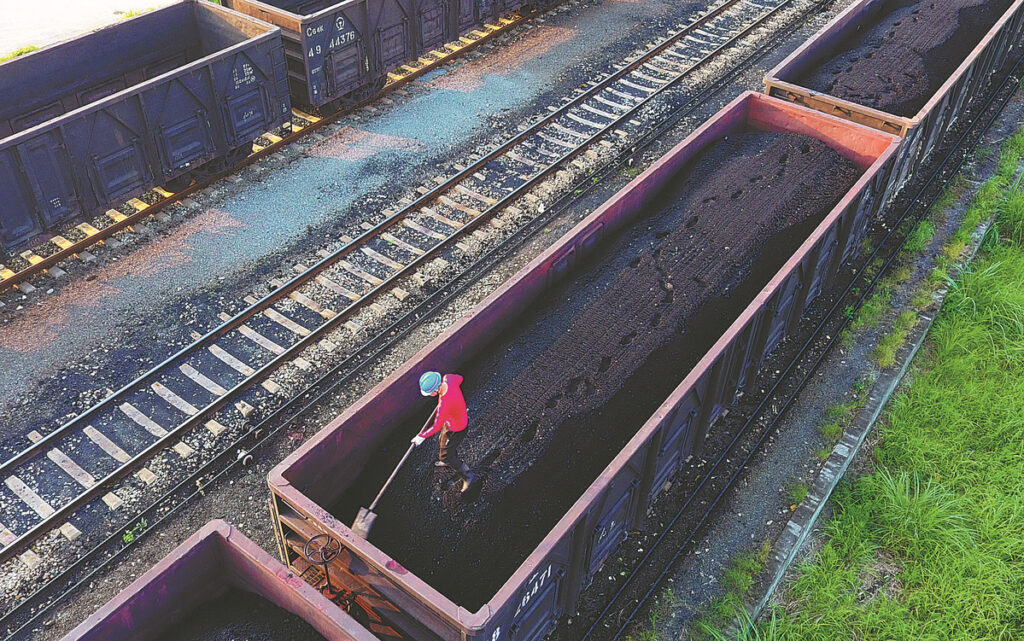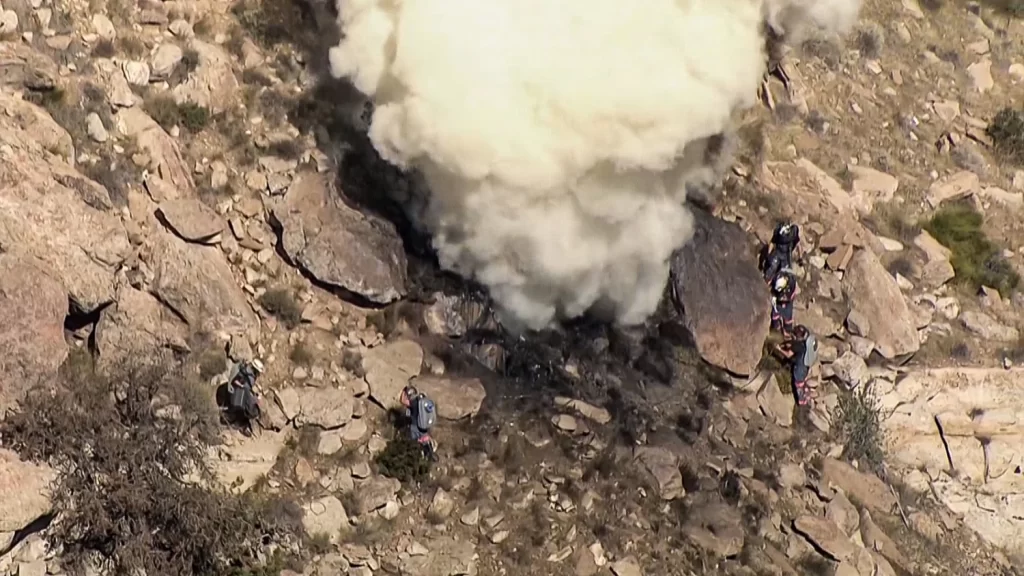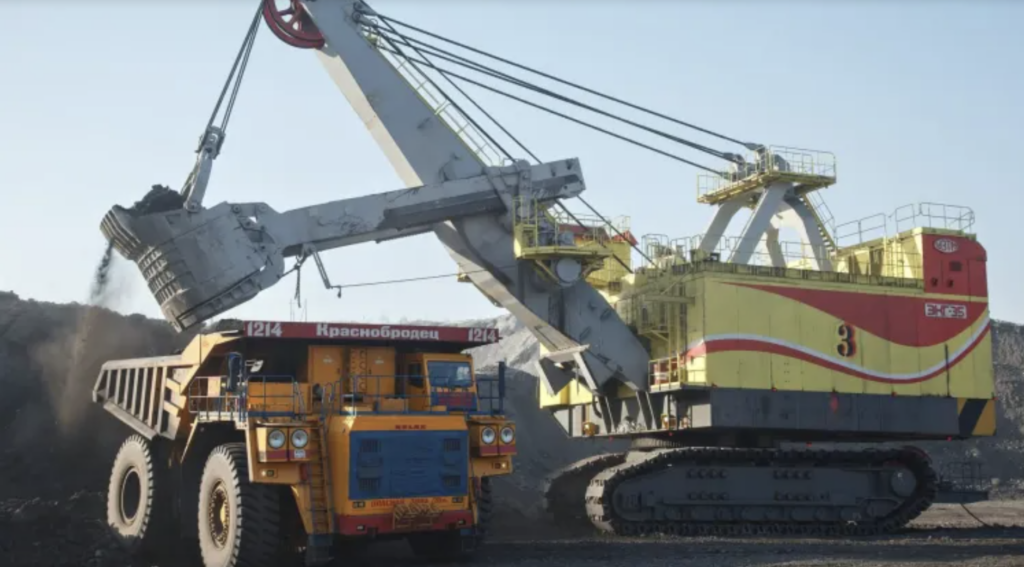Coking coal futures prices hit their daily limit on February 21st as news of potential production cuts in Shanxi province, China’s top coal producer, sent shockwaves through the market. Thermal coal prices also continued to rise, adding further fuel to the price rally.
Shanxi Lu’an, a major miner, reportedly received a request from the state planner to reduce production for 2024. While the company has yet to confirm or deny the request, rumors of this development sparked a buying frenzy in the futures market, pushing coking coal prices up nearly 10% to $247.08/t.
Adding to the uncertainty is the unclear nature of the potential cut. The source from Shanxi Lu’an declined to specify the target reduction amount, leaving market participants guessing about the potential impact on overall supply.
The news comes on the heels of a government campaign to crack down on overproduction in Shanxi, which has been linked to a surge in mining accidents. Policymakers, including the energy watchdog and the safety watchdog, have argued that reducing production is necessary to improve safety standards.
While Shanxi Lu’an is the only miner confirmed to be approached about cuts, market sources speculate that other major producers, like Shanxi Coking Coal Group, might also be subject to similar requests. However, the largest producer has denied any such notifications for 2024.
Shanxi Lu’an Environmental Energy Co., the listed unit of Shanxi Lu’an, exceeded its approved production capacity of 47 million tonnes/year in 2023, producing 60.40 million tonnes. Market sources suggest that the company might cut production of semi-hard coking coal and PCI by up to 10 million tonnes/year in response to the potential government directive.
However, another source from the company claims that they were already considering lowering production targets for 2024 due to safety concerns since the third quarter of 2023. This suggests that the potential government-mandated cuts might align with the company’s internal plans.
The uncertainty surrounding the production cuts and the potential impact on supply are major concerns for the steel industry, which relies heavily on coking coal for production. Higher coal prices could translate to higher steel prices, impacting various downstream industries and potentially hindering economic growth.
The situation in Shanxi highlights the complex interplay between safety, production, and market forces in the global coal industry. While ensuring safety is paramount, any significant reduction in coal production from China could have a ripple effect on global markets and prices, posing challenges for various industries worldwide.
This article provides a comprehensive overview of the recent developments in Shanxi, China, including the potential production cuts, market reactions, and the potential impact on the global coal industry. It remains to be seen whether the government’s request for production cuts will be implemented and to what extent, but the situation has already created significant uncertainty and volatility in the coal market.
Source: TheCoalTrader, AI generated









